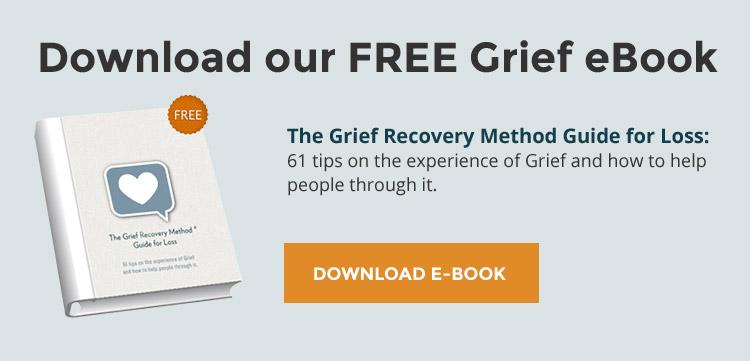
We are all grieving from a tragic event, this time in Orlando, Florida. As with other moments that changed American's lives forever, that changed our trajectory in the world, Pearl Harbor, President John F. Kennedy's shooting, 9/11, Oklahoma City, Sandy Hook, San Bernardino, we lost not only fellow Americans, even people we love, but a little more of our sense of safety, a little more of our trust, a little more of our innocence.
After hearing about the Orlando shooting, we quickly jumped into action following our most recent tragedy. We're well-practiced. Law enforcement arrives on the scene while it's ongoing to stop the carnage and save whom they can. First responders arrive to help those whom law enforcement cannot save. Hospitals make room and call in all their personnel, who work without pause to help the wounded. Broadcast media immediately alter their schedules to accommodate round-the-clock programming, chronicling the event and its aftermath. Within the day, we interview survivors and people who knew the shooter and those whom he murdered. Forensic teams begin the task of identifying the bodies. Investigative agencies begin the search for the hows and whys of the event. Public officials issue their responses.

We hardly have time to consider our own emotions, our own responses, before others package it all up and present it to us, organized, wrapped and tied. Does the efficiency of our grief process prevent us from taking time to feel our sorrow and loss, to grieve? Most Americans didn't know the victims personally, but we are affected nonetheless. Read these texted words from Eddie Justice, a 30-year old man who was in Pulse that evening:
2:06 a.m. "Mommy I love you,"
"In club they shooting."
Groggy from sleep, Mina Justice tried to call her son. No answer. She texted a response: "U ok"
2:07 a.m. "Trapp in bathroom."
2:08 a.m. "I'm gonna die."
2:39 a.m. "Call them mommy Now.
"He's coming I'm gonna die."
Take a moment to absorb that. How did that man feel as he waited helplessly in the bathroom, texting his mom, hearing his executioner come closer and closer? How did his mother feel as she frantically tried to get help, as she heard her son's desperation and felt her own?
Most of us aren't directly connected to the tragedy, yet we all share a piece of that helpless fear and that overwhelming sadness. It is a tear in the fabric of our nation's soul.
Loss of Safety
Of course, there are things that must happen. There is work in the aftermath of such tragedies. But one of the things that must happen is that we take time to feel, to contemplate our terrible loss. We need to resist the urge to continue business as usual, without pause, and instead be quiet and still for a time and start to allow whatever emotions we have to come to the surface. We need to connect with others.
Grief is a normal and natural emotional reaction to loss. The solutions are not intellectual but are, rather, emotional. Building a case for why this happened, proving its inevitability because of this policy or that, this group or that, doesn't lead to healing. Grief recovery that works guides people from their "heads to their hearts," improving their life quality. Education is important in the process, but the solution is emotional.
So turn off the TV. Sit with yourself and your emotions, reflect on them, reflect on the idea that one thing we have in common with our whole human family everywhere on the planet is grief. We all experience loss.
Then reach out to others, connect to them, be kind. We are all interdependent.
Consider the things you do each day that mean something to someone, no matter how small. The smallest thing you do might be profoundly meaningful to another person. These things you do to bring meaning to the lives of others bring meaning to your own life.
The world hurts everywhere, but this week, it hurts especially in Orlando and in the hearts of Americans. Take time to grieve for what we have lost.



























Comments
Linda Noels
Add new comment